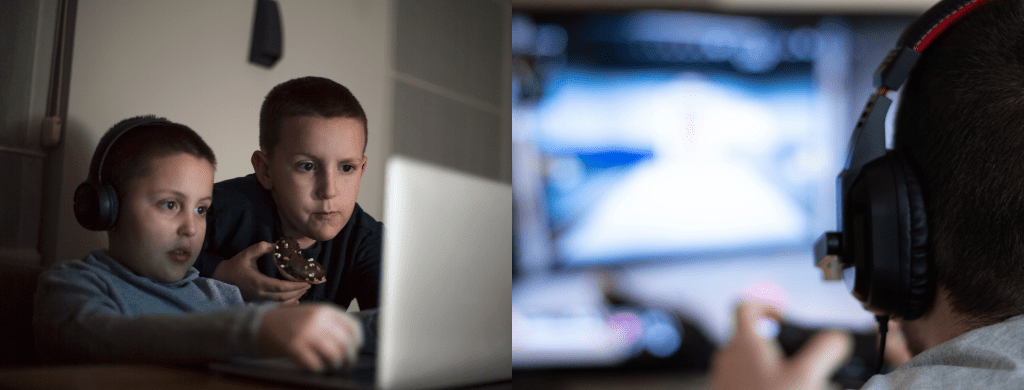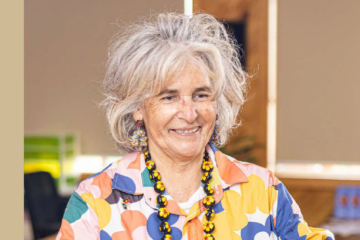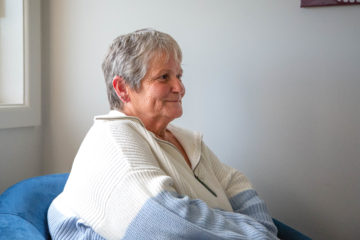As online gaming grows as a trend among young people, parents are being urged to look out for the unwanted side effects.
CatholicCare Gambling Help Counsellor Jenna Tarudeyataworn said young people were at risk of being exposed to the concept of gambling while online.
‘Some games are using technology referred to as Lootboxes, that use mechanisms to simulate gambling,’ she said. ‘This is also present with in-app purchases, or games where there are visual lottery draws — both with or without money. It promotes a celebratory aspect to gambling.’
But an innovative program developed by Jenna and CatholicCare’s Problem Gambling team could help families and young people avoid the downside of online gaming and gambling.
The ‘Off Screen and Smart Play’ workshops aim to combat signs of gambling in their early stages.
‘We developed Off Screen and Smart Play as there were growing concerns among parents about the considerable amount of time their children are spending on screen,’ she said. ‘When parents don’t have enough guidance, they usually are not equipped to address the issue with them.’
Research suggests it is not just about how much time children are spending consumed by their screens, but the context in which they use them.
‘If it’s for work or study, then it is necessary,’ Jenna said. ‘If children spend a lot of time on the screen for fun and entertainment however, this is a concern, especially if they are also required to spend time on screens for work or study.’
The amount of screen time must still be considered, Jenna said.
‘When children have too much screen time, they grow a disinterest in other activities they may have once enjoyed, such as sport, playing music, helping to cook or create,’ she said. ‘Addictive screen time has the potential to exacerbate anxiety issues, with a majority of games triggering a temper or feelings of instability.
‘It’s a frightening concept when you think about it.’
After an initial trial of the program, Jenna’s team were funded by the NSW Government to further develop the harm-minimisation program.
‘We previously trialed workshops with young people aged 13+ that showed the concept had huge potential,’ she said. ‘From there, we decided to expand our program, targeting families — which is where we really start to see change.’
Jenna hopes to teach parents that they are the role models for their children when it comes to screen time.
‘Beyond our family focus, we hope to educate participants about the risks of spending too much time on screen — such as physical and mental health effects, cyber bullying, privacy, security and more,’ She said.
‘There is a lot of concern, but there are ways that we can prevent potential harm.’




